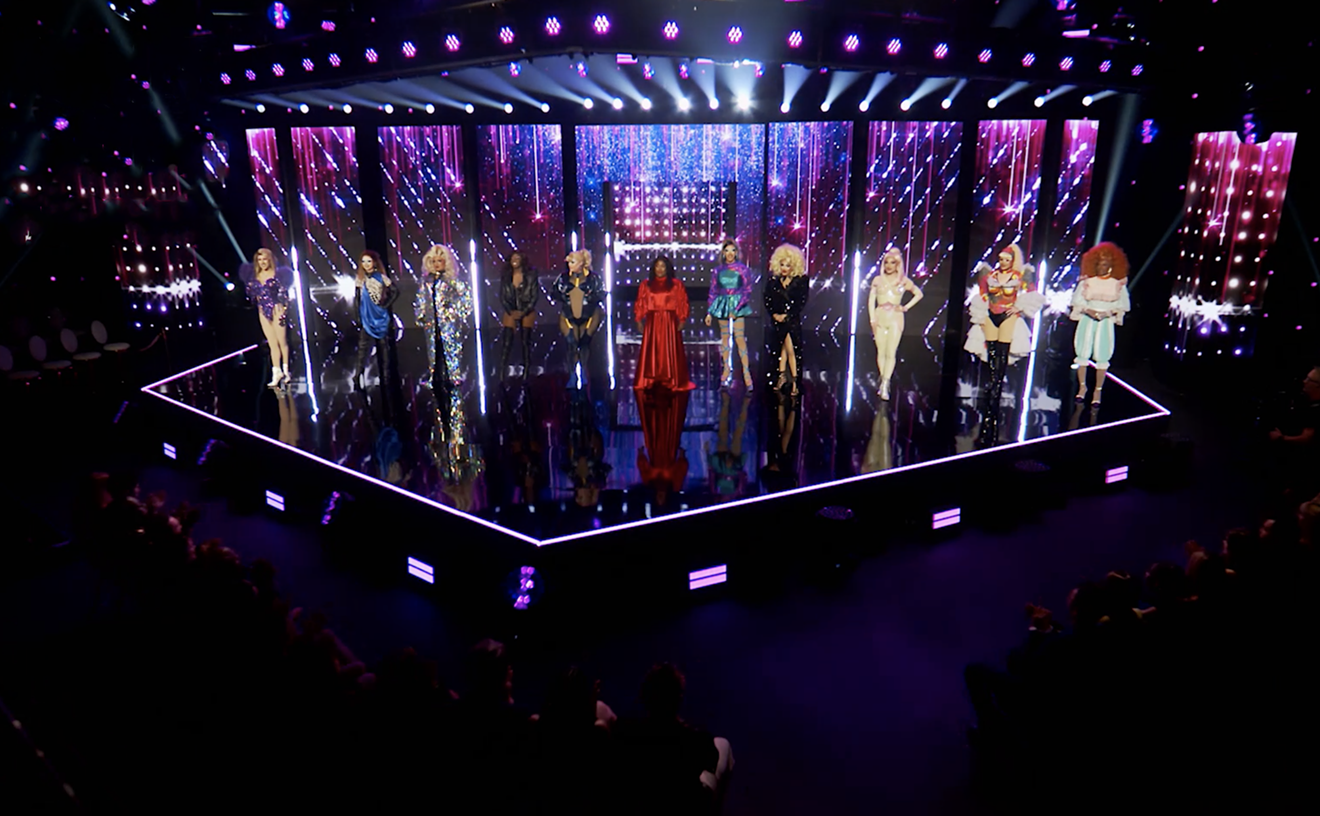In Night Sky, playwright Susan Yankowitz examines the devastating experience of aphasia -- the loss or impairment of the ability to speak or understand written or spoken language. Anna (Carole Ries), a scholarly, overachieving astronomy professor, flees her house in the middle of an argument with her live-in boyfriend, Daniel (Duncan Young), only to end up in the hospital after a car accident, which leaves her suffering from aphasia. Tenuous to begin with, her communication with Daniel and with Jennifer (Tania Uruski), her teenage daughter, becomes even more complicated, baffling, necessary, and poignant, as Anna struggles to retrieve words and phrases that once came to her effortlessly. A combination of dauntless will and the support of her family and her speech therapist allows Anna access to a fuller range of expression, yet even after months of healing she remains humbled by her limitations.
"As a writer I am almost always drawn to the drama of people in extreme situations," Yankowitz writes in the play's program notes, "people pushed by fate or accident or character to the edge of some abyss, either personal or political." The author wrote Night Sky in response to the experience of Joseph Chaiken -- founder of the 1960s and 1970s avant-garde Open Theatre group, of which Yankowitz was an original member -- who suffered from aphasia as the result of a stroke. Not content to compose a melodrama about an accident victim's journey to recovery, however, Yankowitz uses the loss of language to explore the problems inherent in communication, the complexity of family relationships, the stress brought on by illness, and the reciprocity between inner lives and the vastness of the cosmos. An ambitious work, written in collagelike episodes that make it difficult to stage with finesse, the drama receives a sympathetic but ultimately uneven production at New River Repertory in Fort Lauderdale.
Night Sky's action moves back and forth between Anna's living room, her hospital bed, and a lecture podium at the university, with a few side trips to a store, a high school dance, and an academic conference.One vignette takes place inside Anna's brain as she attempts to field an onslaught of information that before the stroke would have been easy to process. Because the author does not make explicit links between the often didactic scientific, medical, and emotional realms touched on in each scene, director Janet Erlick has her job cut out for her: to create a seamless whole driven by a single vision that guides the audience in making the intuitive connections the author intends. Instead of a holistic approach, however, Erlick seems to have coached the actors through individual installments, as if each installment were a self-sufficient drama. As a result, the actors bring heart to their individual roles, but the intellectual and emotional range of Yankowitz's overall concept eludes them. Careless scene changes, a garage-sale-inspired set, and indiscriminate use of music throughout the production further lend it a haphazard feel.
Stilted and forced in their interaction, Carole Ries and Duncan Young failed to persuade me that they are lovers grappling with a troubled relationship. Independently, however, they convincingly express their respective character's personal frustrations. In particular, Ries's Anna wrestles her way back to communicating by drawing on anger and dignity. Lisa Leitl distinguishes herself as both the doctor and the speech therapist, while Matt Fox provides the finest performance of the evening. Fox inhabits the challenging role of an aphasic patient without a trace of pretension or discomfort other than the monumental burden inherent in not being able to speak; his performance offers a glimpse of the dramatic abyss Yankowitz refers to in the program notes and a glimpse of this production's unrealized power.
Stage Notes
The Theatre League of South Florida honored three local artists at its annual meeting, held recently at the Colony Theater on Miami Beach. Actor Bill Hindman, director Joe Adler, and playwright Susan Westfall each received a Remy Award, named after the Metro-Dade Cultural Affairs Council's Rem Cabrera, a tireless supporter of theater in this area.
Hindman, seen this past season in The Value of Names at New Theatre and Neil's Garden at Area Stage, made his professional debut as a radio actor in 1938, worked as an actor in New York City from 1956 through 1965, and has been active in South Florida's cultural community since arriving here 30 years ago. A past Carbonell Award winner for best actor as Ernest Hemingway in Papa, Hindman is also the father of Miami Herald theater critic Christine Dolen.
Road to Nirvana at Area Stage and the destiny of me at Hollywood Playhouse are among the productions Joe Adler directed during the 1994-95 season. Earlier efforts yielded him four Carbonell Award nominations and two wins. Adler also directs fictional films and documentaries, as well as commercials, films, and series for TV, and runs Noah Productions, Inc., a film and video production company.
Playwright and arts advocate Susan Westfall received her award for her work in establishing both the Theatre League of South Florida and the Writers' Alliance for South Florida Playwrights. Since its inception in late 1993, the Writers' Alliance has sponsored playwriting workshops, staged readings of new plays, and provided both networking opportunities and industry information for its members.
Night Sky.
Written by Susan Yankowitz; directed by Janet Erlick; with Carole Ries, Duncan Young, Tania Uruski, Lisa Leitl, Matt Fox, and David Shrader. Through July 23. For further information, call 523-0507 or see "Calendar Listings.










